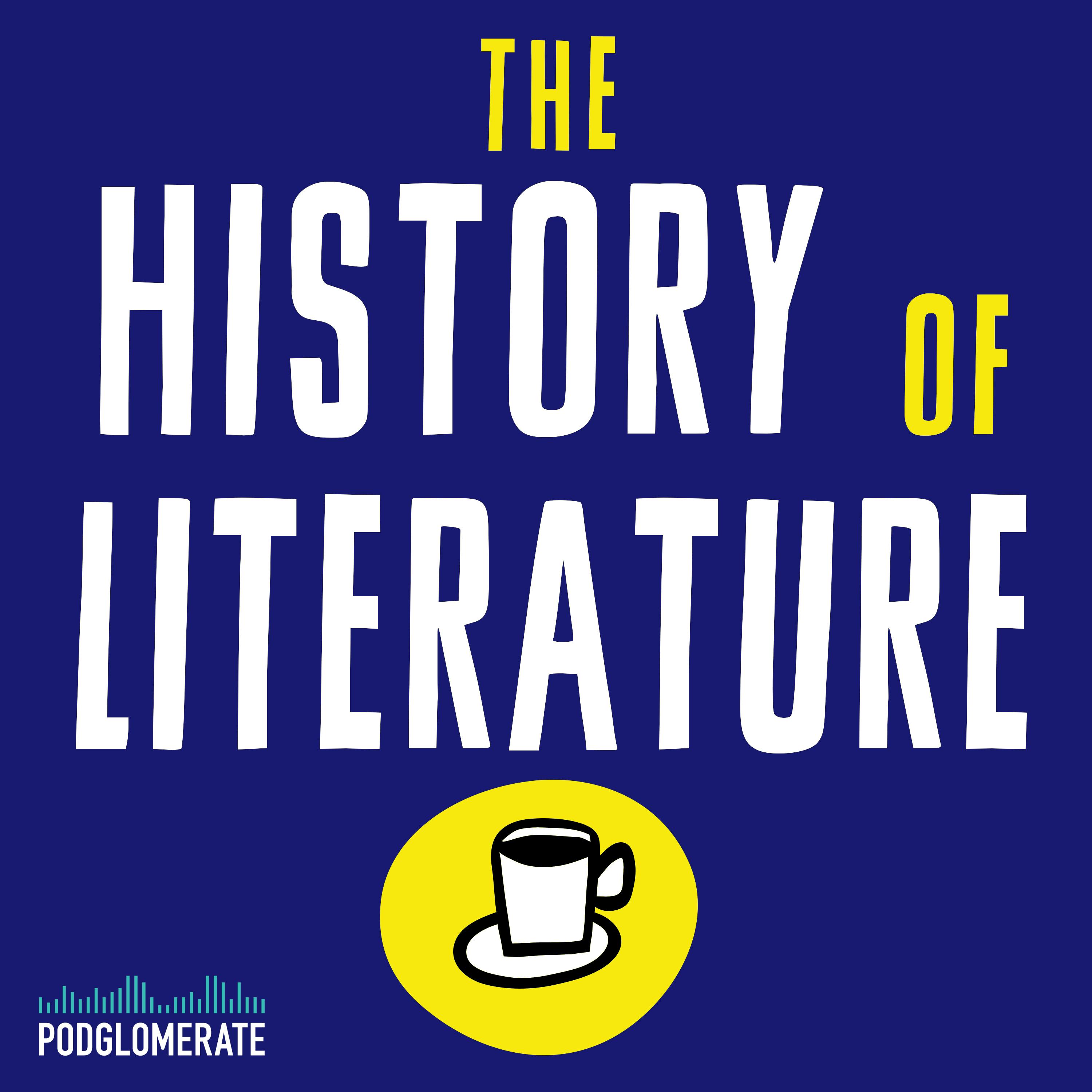643 Aesop and His Fables (with Robin Waterfield) | My Last Book with Boel Westin
Description
Aesop's fables - including such classics as "The Tortoise and the Hare," "The Fox and the Grapes," and "The Ant and the Grasshopper" - are among the most familiar and best-loved stories in the world. But who was Aesop? Why was he writing these stories - and what about the ones that weren't written for children? Renowned scholar Robin Waterfield, translator of Aesop's Fables: A New Translation, joins Jacke for a discussion of the legendary Aesop and his legendary tales. PLUS Tove Jansson biographer Boel Westin (Tove Jansson: Life, Art, Words) stops by to discuss her choice for the last book she will ever read.
Additional listening suggestions:
605 Tove Jansson, Creator of the Moomins (with Boel Westin)
377 The Brothers Grimm
531 Fairy Tales (with Jack Zipes)
The music in this episode is by Gabriel Ruiz-Bernal. Learn more at gabrielruizbernal.com.
Help support the show at patreon.com/literature or historyofliterature.com/donate. The History of Literature Podcast is a member of Lit Hub Radio and the Podglomerate Network. Learn more at thepodglomerate.com/historyofliterature.
Learn more about your ad choices. Visit megaphone.fm/adchoices
More Episodes
Written in the early 1300s, Dante Alighieri's Divine Comedy has been an essential component of Western literature for more than 700 years. In this episode, Jacke talks to Joseph Luzzi about his book, Dante's Divine Comedy: A Biography, which gives an intimate portrait of the work that has...
Published 11/11/24
It's a Literary Feast Day at the History of Literature Podcast! First, Jacke talks to old friend Mike Palindrome about his love for A Moveable Feast, Hemingway's late-in-life recollection of his salad days (Pernod days?) in Paris. Then Collin Jennings (Enlightenment Links: Theories of Mind and...
Published 11/07/24
Published 11/07/24


